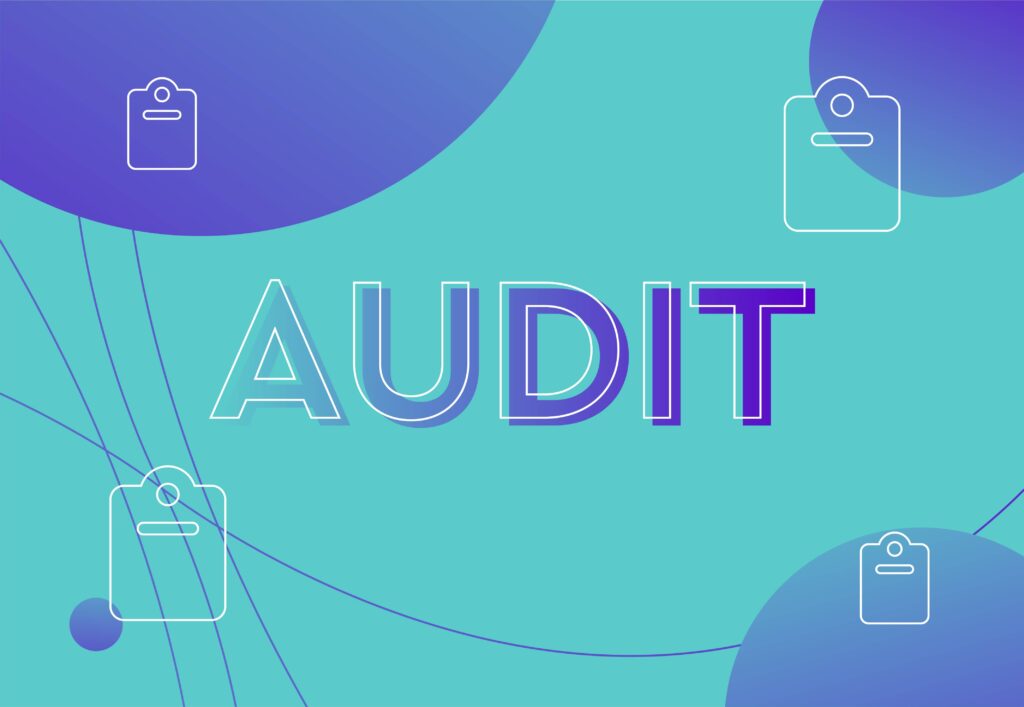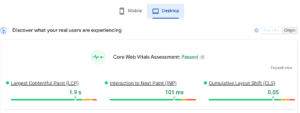
How to conduct an SEO audit: Easy step-by-step

An SEO audit is an investigation into how well your website is performing. For example, is it fit for purpose? Is it sending the right signals to search engines and the user?
Therefore, a periodic SEO audit is an absolute must-do. The internet evolves daily, and you need to be assured that your website remains optimised to keep drawing in traffic and getting the conversions and engagement you’re after.
If you’re just starting out, this guide will give you the most important steps for a basic SEO audit. For technical SEO consultants or those with more experience, be sure to visit our comprehensive SEO audit services for deeper insight.
Performing an SEO audit: First, the tools you’ll need
As with any audit, how thorough you go will depend on the time, resources, and experience you have. Here, we’ll focus on the main touchpoints of a typical SEO audit to get performance up.
You’ll need the following tools:
- Google Search Console
- PageSpeed Insights
- A site-crawling tool, such as Screaming Frog
- A keyword rank tracking tool, such as SERanking
How to conduct a basic SEO audit in 5 steps
Right, so let’s get into it.
Here are the absolute must-dos for any SEO audit. Without getting these foundations correct, scaling your website further will be tricky.
Step 1: Clearly define the goals of your website
A basic but critical step, before you undertake any auditing, you must first ensure that you’re totally clear on what you want your website to do for you.
Not all websites are built for the same function – some are designed as moneymakers, courting conversions, whereas others have no direct sales function and are merely geared towards building brand awareness, for example.
Establish what measurable goals you want your website to be defined by first – from there, you’ll know better how to track progress throughout the audit.
Step 2: Identify any crawling issues
![]()
Periodically, search bots will crawl your site in order to index it. It’s an essential part of any audit, then, that you check the bots won’t have any issues in their crawl.
Should issues occur, your site might be penalised and pages might not be indexed (which is like christening them as untraceable).
How do I see what pages are indexed and what’s not?
- Log in Google Search Console
- On the left-hand side, select ‘Pages’, which appears under Indexing.
- From there, you’ll have access to your indexing report, including:
- Number of pages indexed vs not indexed
- Reasons why pages aren’t being indexed
- The date pages were last crawled
Another useful tool you’ll want to use here is Screaming Frog.![]()
We recommend it because it crawls sites in the same way that Google would and it’s totally free to use (providing you stick to the URL limit – bigger sites, you’ll likely want a paid subscription).
Note: Don’t be alarmed if you do have pages that aren’t indexed. Sometimes this will be intentional – for example, perhaps you’ve decided to remove a page and implemented a 301 redirect. For this step, you only need to fix any unintentional crawling issues.
Step 3: Check your site speed
Back in July 2018, Google made an announcement, confirming page speed as a key ranking factor.
Nobody likes a sluggish site, so it’s paramount that your SEO audit includes how quickly your content loads for the user. Especially with the rise of mobile usage, with the scale now tipping in favour of phones for online activity at approx. 57.8%, it’s never been more important that your page speed health score is up.
What is a good page speed score?
Head over to PageSpeed Insights to check your score. Another Google tool, and it’s free to use.
- 90 or above (green): Good
- 50 to 89 (amber): Needs improvement
- Below 50 (red): Poor
Note: You’ll get different metrics for mobile and desktop performance so don’t forget to check both!

Quick tips to improve your page speed
- Use a mobile-first, responsive design
- Compress the file size of media, such as images and videos
- Deactivate pop-ups and ads where possible
- Only use redirects when essential
- Get rid of unnecessary external scripts and JavaScript files
Find out more about the core 8 SEO ranking factors here.
Step 4: Find and fix broken links
When search bots crawl your site, they often use links to navigate and understand how your web pages come together.
Topically related pages should be linked – for example, in this SEO audit guide, the chief topic is technical SEO, so notice how the first link on the page directs to that exact parent page (and every subsequent link has some topical relevance, too).
This helps Google to understand the space your content falls into as it crawls around your site, and it has a certain amount of crawl budget to do this.
Now, when the search bots encounter a broken link, they essentially meet a dead end. This is a waste of the crawl budget, which will have a negative effect on your rankings, so you’ll need to manually fix these.
How? Again, Screaming Frog – check their broken link guide – (or Broken Link Checker) is the free tool we recommend here. It can be a time-consuming task, depending on the size of your site, but it is worthwhile.
Step 5: Set up keyword rank tracking
Finally, to keep on top of how well your website is doing, you’ll want to set up some type of keyword tracking.
There are heaps of tools available – some free, others with a monthly subscription, so you’ll want to shop around for a tool that best serves your purpose.
Here, we recommend SERanking.
How to track keywords using SERanking
- Log into SERanking
- Set up a project tab
- Specify the URL of the website you wish to monitor
- Choose both your keyword and competitor list
- Voila! You’ll now be able to access your keyword report to track fluctuations in your positions over time
For a comprehensive SEO audit, look no further than Embryo
And that’s it, folks. Five key steps for an SEO audit.
Note, that this is an SEO audit at its most basic level. There are, of course, many different metrics and data that you might want to test your site against as it evolves – depending on the tools you have access to, as well as the level of SEO expertise you have available.
Need any support at all or want to employ our expert SEO services? Simply give us a call – we’d be happy to talk business.

